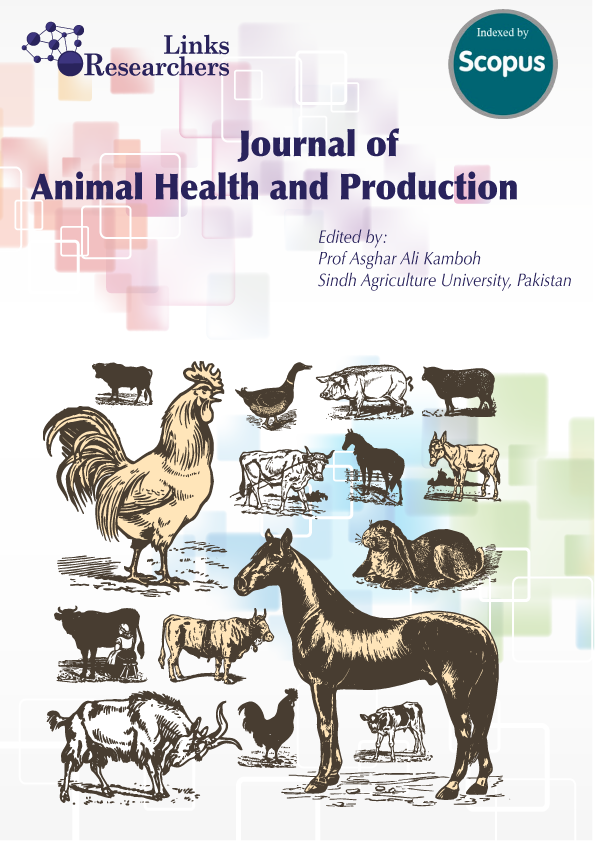The Effect of Adding Malic and Acetic Acids to Drinking Water on The Productive Performance of Quail
The Effect of Adding Malic and Acetic Acids to Drinking Water on The Productive Performance of Quail
Ali A. M. Al-Kuhla1*, Yaman S. Fadhil1, Saffanah K. Mahmood2
ABSTRACT
One hundred and twenty local male quails were used to investigate the effects of individual and combined malic and acetic acid in drinking water on the production performance and intestinal histomorphometry of quails. The quails were divided into 4 groups with 3 replicates for each group, 10 birds per each replicate. 1st group represented the control group, which was free of any additives. In 2nd and 3rd groups, malic and acetic acid respectively were added in drinking water with a percentage of 0.025%, while in 4th group both malic and acetic acids were added to drinking water with a percentage of 0.025% for each of them. During the experiment, the productive characteristics were studied including the live body weight, the rate of weight gain, the consumption and conversion of feed. Finally, all the bird were slaughtered for the purpose of histological examination. Tissue sections were obtained from the small intestine, then the villi length, width, surface area of villi, and the crypt depth were measured. Results demonstrated a significant (P<0.05) increase in the body weight of the birds in response to the dietary malic and acetic acids, while there were no significant differences in the rate of weight gain, the amount of feed consumed, and the feed conversion ratio. Histologically, it was observed that there was a significant (P<0.01) increase in the villi length, villi width, crypt depth and surface area in organic acid supplemented groups as compared to the control group. In conclusion, supplementation of organic acids (acetic and malic acid) is beneficial for quail production as it has better effects on intestine. Moreover, mixture of acetic and malic acid could be more helpful in digestion and absorption of nutrients in the small intestine.
To share on other social networks, click on any share button. What are these?





